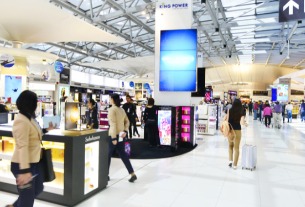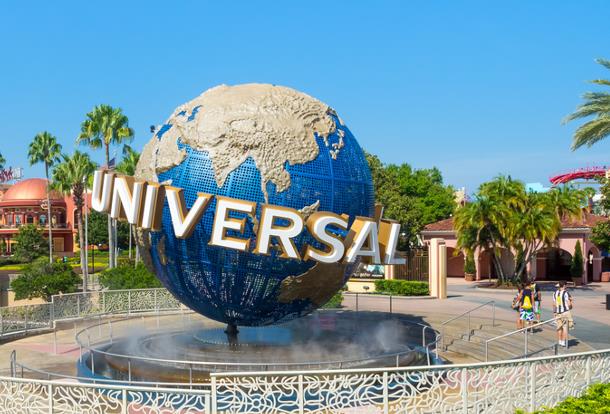June 07, 2007:Major travel groups are responding to fierce competition from online travel agents, such as Expedia and Travelocity, in the fight for the lucrative online travel retail industry, according to the new report just published by Euromonitor International, “Global E-travel habits”.
Multinational travel agents, such as TUI and Thomas Cook, will pose a significant challenge to online travel agents, particularly given their established brand names within the travel industry. Helen Roberts, Strategic Analyst from Euromonitor International explains, “Major operators believe they are in a strong position to challenge online companies because of their brand strength and high level of vertical integration. The fact that they own their products means they are in control of the quality of their offerings”.
The global e-travel market has developed significantly over the last 10 years, causing severe problems for traditional high-street travel agents. Online sales accounted for a 19.5% share of the global retail travel sector in 2006, the majority of which were made via online travel agents. In the UK, online bookings increased from 7% in 2002, to 35% of all bookings in 2006, according to Euromonitor International. Traditional tour operators are realising the potential in this channel and now view the Internet as the only way forward.
Improved online features
Traditional tour operators are improving their online facilities and investing in their websites in order to compete with online travel agents. Thomson, for example, recently enhanced its main website with a raft of new features and content, in an attempt to retain customers and encourage them to book through the site. It also introduced additional editorial content to help consumers, as well as to enable the site to be picked up by Google in natural searches.
In the UK, traditional tour operators have made significant progress with their websites, and now rank among the major on-line travel sites in terms of visitors. For example, in the week to 13 January 2007, Hitwise, monitors of internet usage, reported that MyTravel had overtaken the online travel agency, lastminute.com, for the first time, with a 5.2% share of visits to travel agency websites.
Innovation is the key to survival for online travel companies
Online travel agents are employing more innovative strategies in order to survive, as they also face competition from other rivals, including Internet giants Yahoo! and eBay, as well as information providers and general retailers, in the online travel retail industry. A number of these strategies have been identified in Euromonitor International’s report “Global E-travel habits” including:
- partnerships with environmental groups offering travellers the opportunity to contribute financially to carbon emission reductions;
- adding dynamic packaging functionality to their offering;
- improving customer service and transparency with the introduction of “Live Person” technology.
Online players are also stepping up their marketing campaigns, with more innovative tactics being used to reach consumers, such as ‘top-deal’ email bulletins. Helen Roberts from Euromonitor International comments, “These moves not only serve to make companies such as Travelzoo a household name, but also help travel suppliers improve their reach and visibility”.
Meta sites the future for e-travel retail
Meta-search sites, such as kayak.com and SideStep.com, which trawl the Internet on behalf of the consumer, look set to grow in strength as e-travel providers. With consumers becoming increasingly strapped for time and ever-more aware that online travel agencies like Expedia and Travelocity are not the only option when it comes to booking travel, meta-search sites look likely to gain significant market share.
Other types of online operator will also continue to pose challenges to both online travel agents and direct travel suppliers. Helen Roberts comments, “It is possible that Google will enter the travel arena in the future, joining the likes of Yahoo!, Lycos and eBay, which will also continue to improve their travel functionality”.




